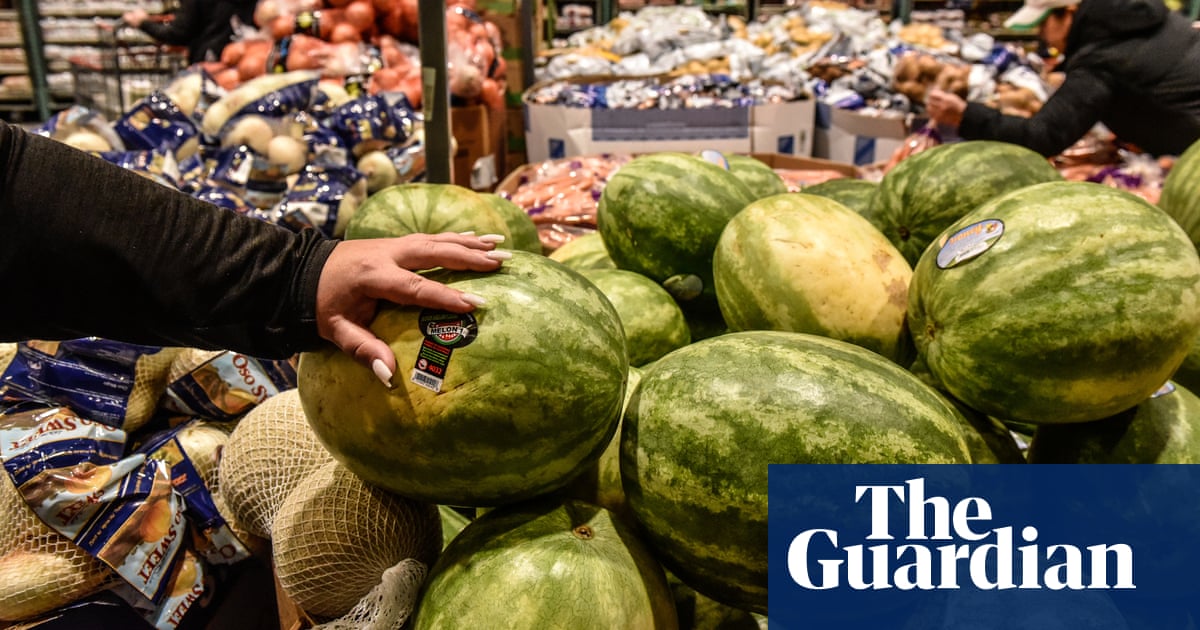A new analysis by Consumer Reports shows that pesticides have contaminated the US fruit and vegetable supply – even some organics
Watermelon, green beans and bell peppers are among the many common fruits and vegetables found in US supermarkets that contain potentially unsafe levels of pesticides, according to an analysis published today by Consumer Reports.
The new report – which analyzed seven years of US Department of Agriculture data on commonly eaten fruits and vegetables – offers one of the most comprehensive evaluations to date of pesticides found in US produce. The data was based on nearly 30,000 fruit and vegetable samples, including fresh, frozen, canned and organic, collected from supermarkets by the USDA as part of routine pesticide testing. Consumer Reports built a massive database to analyze the data – and scored different foods to provide actionable recommendations to help consumers shop and eat with less risk.
Consumer Reports found that pesticide residue posed a significant risk in roughly 20% of the 59 common foods examined in its research. The foods deemed high risk included conventionally grown (ie non-organic) kale, blueberries, potatoes and bell peppers. Apples, grapes, peaches, tomatoes, spinach and celery were among the items considered moderate risk.
Congratulations, Consumer Reports. You found the dirty secret to the ‘organic’ foods label.
Pesticides presented little to worry about in nearly two-thirds of the foods, including nearly all of the organic ones.
They still seem better in that regard than conventional ones.
The lable needs to be stricter in some senses sure, but there are organic pesticides and that word is use for anything you use to kill pests. Neem oil and diatomaceous earth are some examples I’d wager a lot of organic gardeners know about. Most times your organic pesticides aren’t are harmful as synthetic either. Pestacide free is a great way to pay more per pound of produce and have a higher risk getting a strange disease from insects, since they’ll eat anything they can see and pass all that on to you.
But there was good news, too. Pesticides presented little to worry about in nearly two-thirds of the foods, including nearly all of the organic ones. Also encouraging: the largest risks are caused by just a few pesticides, concentrated in a handful of foods, grown on a small fraction of US farmland. “That makes it easier to identify the problems and develop targeted solutions,” Rogers says
Oh great. I’ve eaten my body weight in frozen blueberries. -_-




